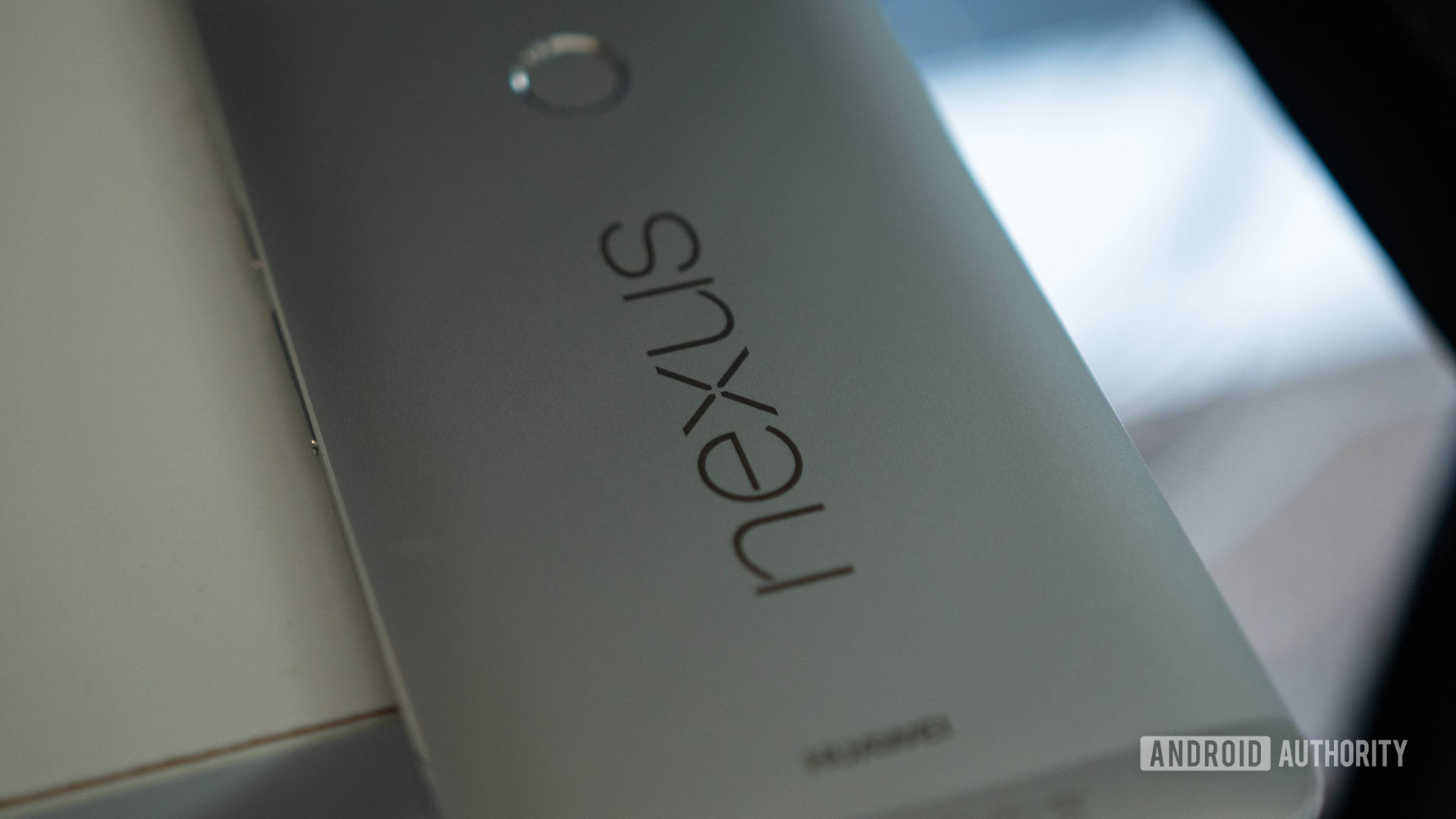Samsung’s new Galaxy Watch 7 series may have stumbled out of the gate with some early hiccups, but the company is determined to prove it’s more than just a stylish timepiece. To back up its claims, Samsung teamed up with the brainy folks at the University of Michigan’s Human Performance & Sport Science Center to put the Galaxy watch’s fitness tracking features through their paces. And the results are quite interesting.
- When it comes to tracking heart rate, which is crucial during workouts, the Galaxy Watch showed a solid 90% correlation with ECG equipment — the gold standard in heart rate measurement. This suggests that your Galaxy Watch is pretty spot-on when keeping tabs on how hard your heart is working.
- The Galaxy Watch had a 95% correlation with professional devices in measuring sweat loss over various distances, from 2.5 km to 20 km.
- The Galaxy Watch’s readings of VO2 Max, which measures how much oxygen your body uses during a workout, had an 82% correlation with clinical equipment. While this isn’t as high as some other metrics, it still amounts to reasonable accuracy.
- When it came to measuring body fat percentage, the Galaxy Watch was impressively close to the results of a DEXA scan, with a 95% accuracy rate.
So, what does all this mean for you? Mainly that, you can trust your Galaxy Watch to provide reliable data in terms of these metrics. Interestingly, the report doesn’t touch on other standard fitness metrics like steps taken or calories burned. Tracking those metrics is often less accurate due to the inherent limitations of wrist-worn devices in capturing the complexities of human movement and energy expenditure.
Got a tip? Talk to us! Email our staff at [email protected]. You can stay anonymous or get credit for the info, it's your choice.







 English (US) ·
English (US) ·